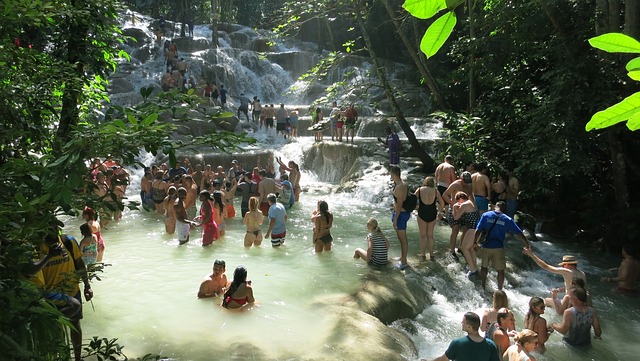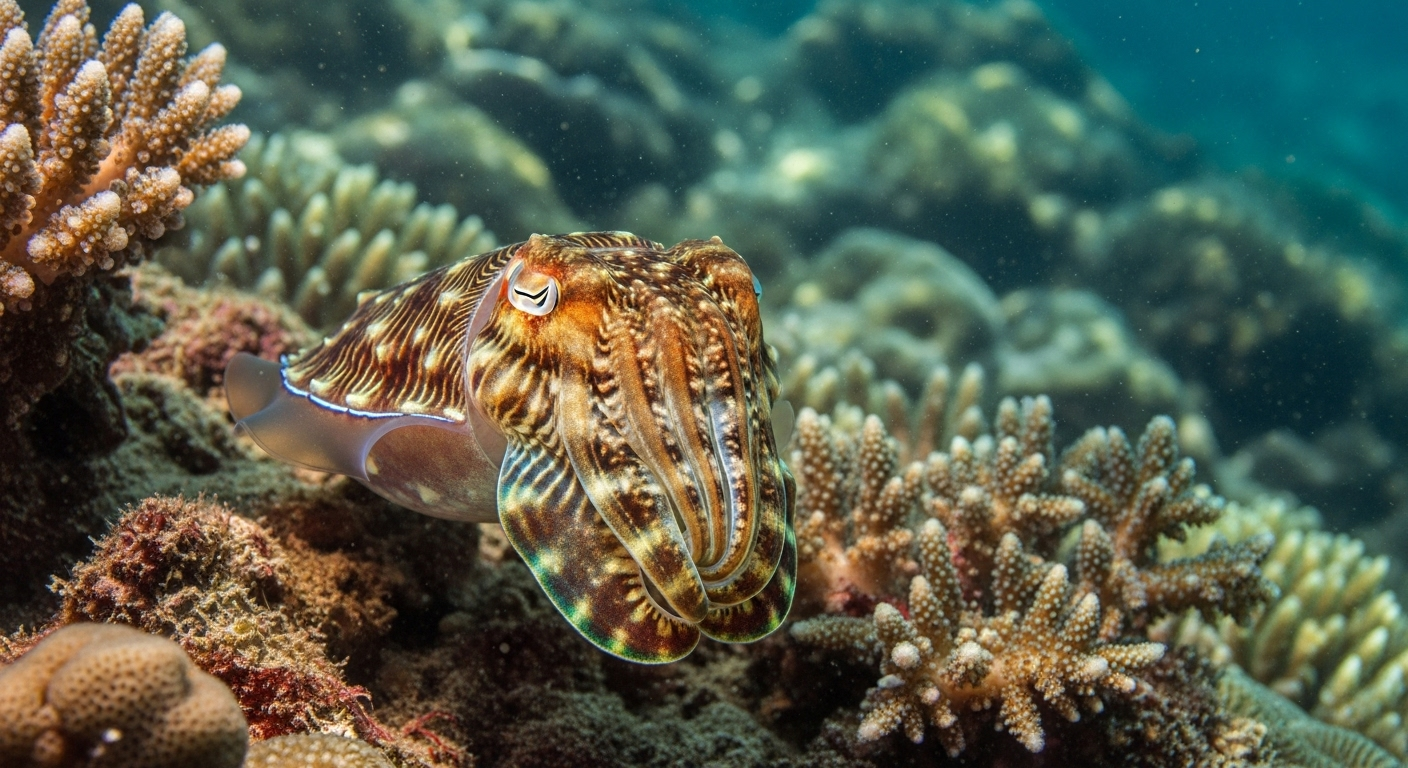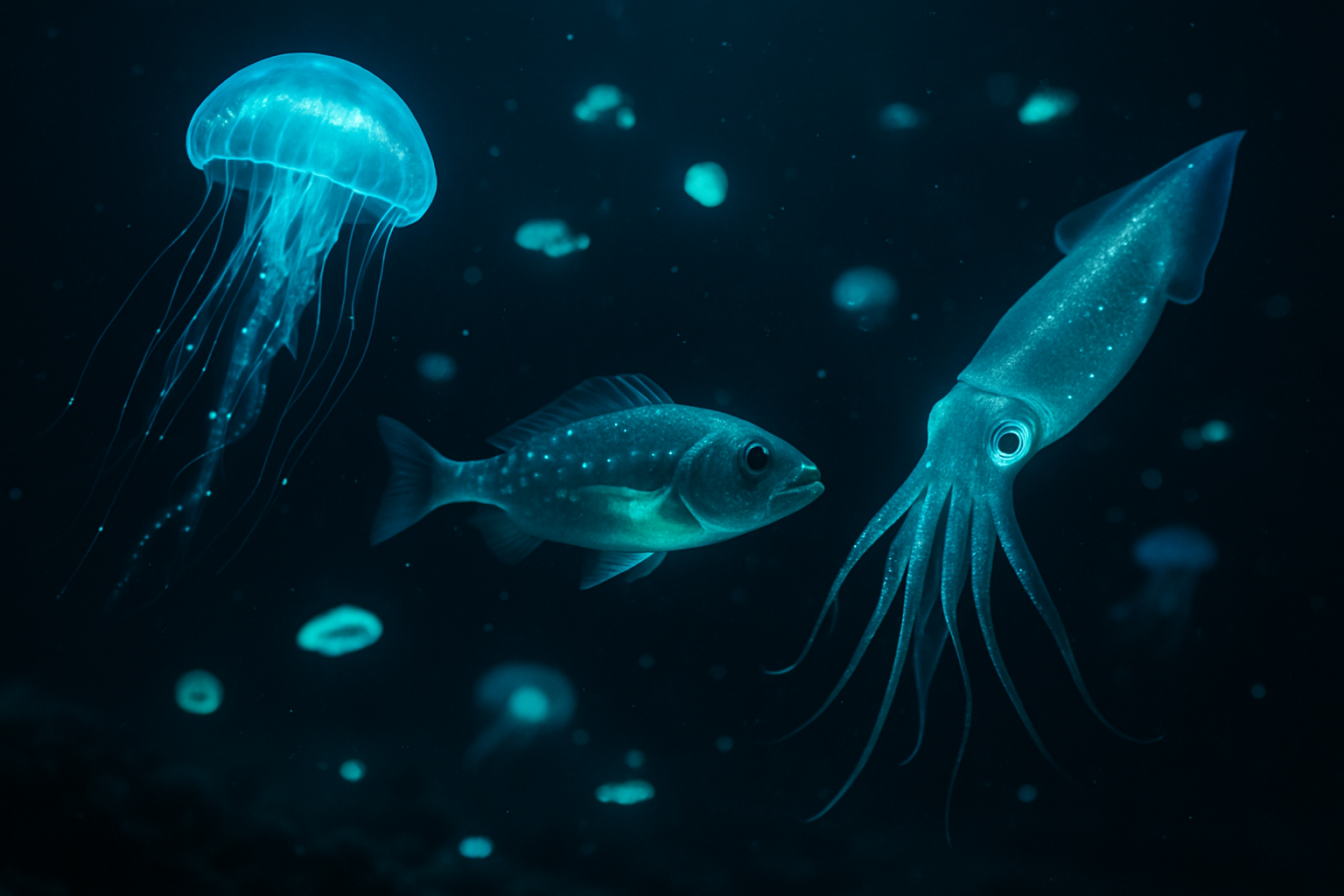Exploring the World Through Olfactory Tourism: A Sensory Adventure
The allure of travel extends far beyond visual landscapes and cultural encounters. A burgeoning trend in the tourism industry is captivating adventurers worldwide: olfactory tourism. This unique approach to exploration invites travelers to experience destinations through their sense of smell, unlocking a new dimension of sensory immersion. As the fragrance industry intersects with travel, enthusiasts are embarking on aromatic journeys that promise to revolutionize the way we perceive and remember our global adventures.

The Science Behind Scent and Memory
The connection between scent and memory is well-documented in scientific literature. The olfactory bulb, which processes smells, is part of the brain’s limbic system, which is closely associated with memory and emotion. This neurological link explains why certain aromas can instantly transport us to specific moments or places in our past. Olfactory tourism capitalizes on this phenomenon, allowing travelers to create powerful, long-lasting memories of their journeys through intentional engagement with local scents.
Destination Fragrance Mapping
One of the key components of olfactory tourism is the concept of fragrance mapping. Travel companies and fragrance experts are collaborating to create olfactory maps of cities and regions, highlighting signature scents that define each location. These maps guide visitors through aromatic landscapes, from the salty sea breeze of coastal towns to the rich, earthy notes of rural vineyards. By following these scent trails, travelers can uncover hidden aspects of their destinations that might otherwise go unnoticed.
Perfume Workshops and Scent-Making Experiences
Many destinations are now offering immersive perfume workshops and scent-making experiences as part of their tourism offerings. These hands-on activities allow visitors to create their own signature fragrances using local ingredients, providing a unique souvenir that captures the essence of their travels. From blending essential oils in Grasse, France – the perfume capital of the world – to crafting traditional attars in India, these experiences offer both education and a tangible connection to the local culture.
Culinary Aromatherapy and Sensory Dining
Olfactory tourism extends beyond traditional fragrance experiences to include culinary aromatherapy and sensory dining. Innovative restaurants and food tours are incorporating aromatic elements to enhance the dining experience. Travelers can participate in blindfolded meals where scent plays a crucial role in flavor perception or attend workshops that explore the intricate relationship between aroma and taste in local cuisines. These experiences not only tantalize the taste buds but also provide a deeper appreciation for the role of smell in culinary traditions.
Aromatic Adventures: Tips for Olfactory Tourists
-
Pack a scent journal to record and describe the various aromas encountered during your travels
-
Participate in local markets and bazaars, where the concentration of scents offers a sensory feast
-
Seek out botanical gardens and herb farms for natural fragrance experiences
-
Consider staying in accommodations that offer signature scents or aromatherapy services
-
Engage with local perfumers or aromatherapists for expert-guided olfactory tours
-
Collect small samples of local spices or herbs as aromatic souvenirs (where permitted)
-
Explore the traditional use of incense in religious and cultural practices around the world
As olfactory tourism continues to gain traction, it promises to add a new dimension to the way we experience and remember our travels. By engaging our often-overlooked sense of smell, we open ourselves to a richer, more immersive way of exploring the world. Whether you’re a fragrance enthusiast or simply seeking a novel approach to travel, olfactory tourism offers a sensory adventure that will linger in your memory long after you’ve returned home. As we look to the future of travel, it’s clear that the nose knows – and it’s leading us towards more meaningful, multi-sensory journeys across the globe.






